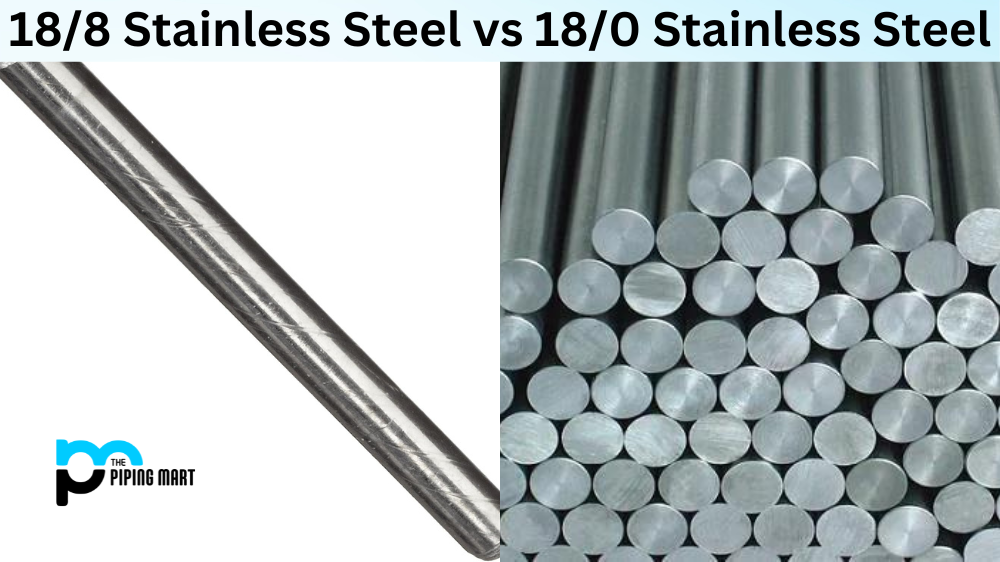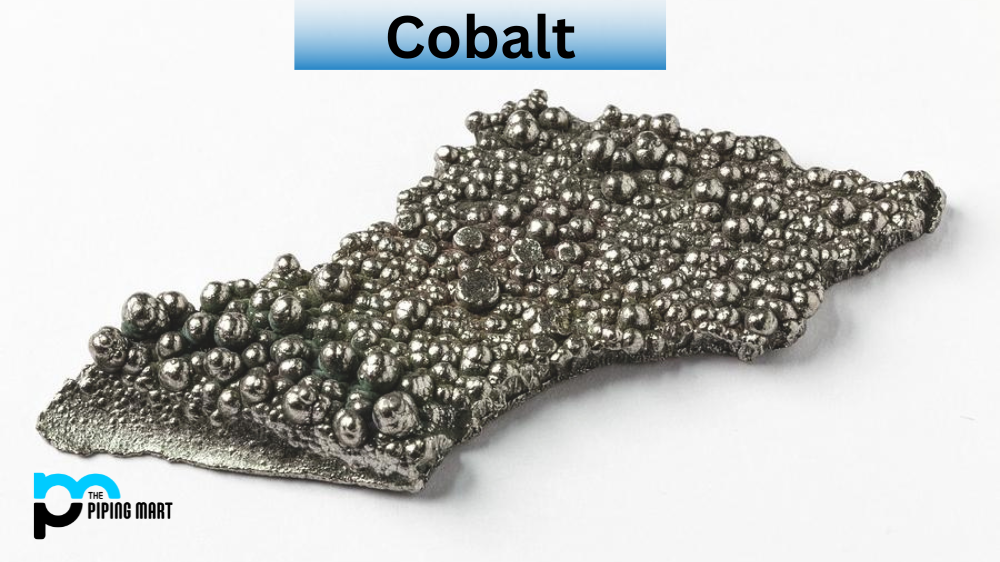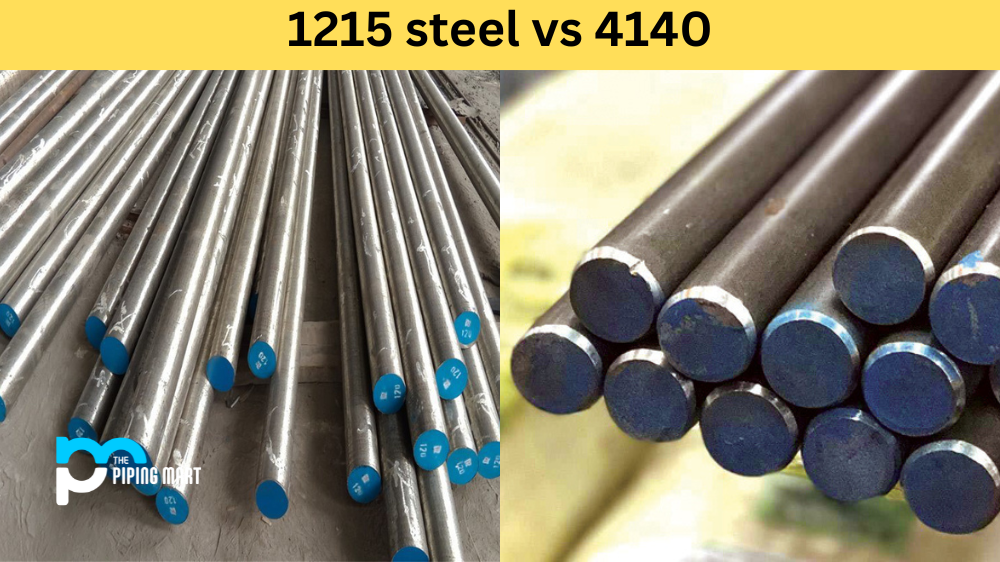When shopping for kitchenware, you might have noticed that some items are made of 18/8 stainless steel while others are made of 18/0 stainless steel. What’s the difference between these two types of stainless steel? Which one is the better choice? In this blog post, we’ll explore the key characteristics of 18/8 and 18/0 stainless steel so you can decide which material to choose for your kitchen.
Difference Between 18/8 and 18/0 Stainless Steel
Both of these alloys are made of iron, carbon, and at least 10.5% chromium, imparting the corrosion-resistant properties of stainless steel so popular for making kitchenware. The “18” in the name refers to the percentage of chromium in the alloy, while the “8” or “0” refers to the percentage of nickel. So, 18/8 stainless steel contains 18% chromium and 8% nickel, while 18/0 stainless steel contains 18% chromium and 0% nickel.
Nickel Content
One of the main differences between 18/8 and 18/0 stainless steel is their nickel content. Nickel is a metal that gives stainless steel its shine and lustre. 18/8 stainless steel contains a higher percentage of nickel than 18/0 stainless steel, which makes it more shiny and reflective. 18/0 stainless steel has a duller, matte finish. If you prefer the look of shiny, polished kitchenware, then 18/8 stainless steel might be the better choice for you.
Magnetic Properties
Another important difference between 18/8 and 18/0 stainless steel is its magnetic properties. 18/0 stainless steel is magnetic, while 18/8 stainless steel is non-magnetic. This may seem like a small deal, but it can be important if you plan to use your kitchenware on an induction cooktop. Induction cooktops rely on magnetic fields to heat cookware, so you’ll need magnetic cookware to use an induction cooktop. If you plan to buy an induction cooktop, 18/0 stainless steel might be your better choice.
Corrosion Resistance and Durability
In terms of performance, both 18/8 and 18/0 stainless steel are corrosion-resistant and durable. They should both last a long time with proper care and maintenance. However, because 18/8 stainless steel contains more nickel, it is generally considered more resistant to rust and stains than 18/0 stainless steel. If you’re looking for kitchenware that will stand the test of time and retain its shiny appearance, then 18/8 stainless steel is the way to go.
Cost
Cost is another factor to consider when choosing between 18/8 and 18/0 stainless steel. 18/8 stainless steel is generally more expensive than 18/0 stainless steel due to its higher nickel content and more polished appearance. If cost is a major factor for you, or if you don’t care about the appearance of your kitchenware, then 18/0 stainless steel might be the better choice.
Conclusion
In conclusion, the difference between 18/8 and 18/0 stainless steel comes from nickel content, magnetic properties, appearance, performance, and cost. If you’re looking for shiny, non-magnetic cookware resistant to rust and stains, 18/8 stainless steel is the way to go. If you plan to use your cookware on an induction cooktop, or if cost is a major factor, then 18/0 stainless steel might be the better choice. Ultimately, the decision comes down to your personal preferences and priorities. By understanding the key differences between these two types of stainless steel, you can decide which material is right for you.

A passionate metal industry expert and blogger. With over 5 years of experience in the field, Palak brings a wealth of knowledge and insight to her writing. Whether discussing the latest trends in the metal industry or sharing tips, she is dedicated to helping others succeed in the metal industry.




